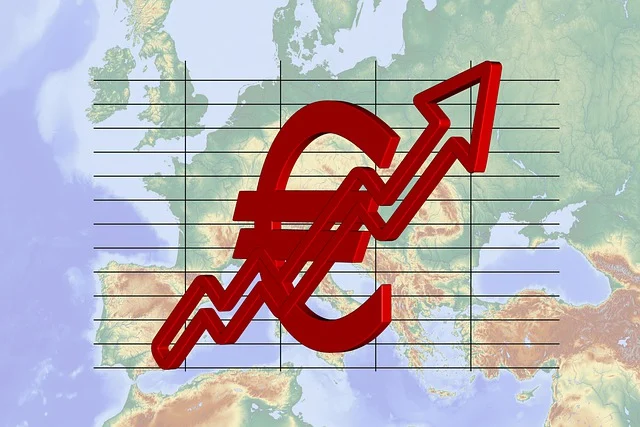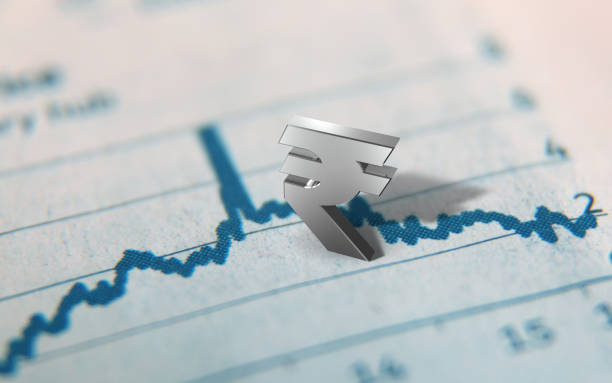Table of Contents
Inflation, the general rise in prices over time, has far-reaching effects on the economy, influencing everything from consumer behavior to economic policy. One of its significant impacts is on income inequality. Understanding the relationship between inflation and income inequality is crucial for policymakers, economists, and individuals alike. This article explores the causes and consequences of how inflation can affect income inequality.

Causes of Inflation-Driven Income Inequality
1. Differential Impact on Income Groups
Inflation does not affect all income groups equally. Low-income households typically spend a larger portion of their income on essential goods and services, such as food, housing, and transportation. When inflation drives up the prices of these necessities, low-income families experience a more substantial decrease in their purchasing power compared to higher-income households. Conversely, high-income individuals may have greater financial flexibility and investments that can provide some protection against inflation.
2. Wage Stagnation vs. Rising Prices
In many economies, wages do not always keep pace with inflation. When inflation rises, the cost of living increases, but wages for many workers may remain stagnant or grow at a slower rate. This discrepancy erodes the real income of workers, particularly those in lower-wage jobs, exacerbating income inequality. High-income earners, who often have more bargaining power and can negotiate higher wages or benefits, are better positioned to cope with inflationary pressures.
3. Asset Ownership and Inflation
Inflation can benefit individuals who own assets, such as real estate, stocks, or businesses, as the value of these assets typically increases with inflation. Higher-income individuals are more likely to own significant assets and investments, allowing them to benefit from rising asset values. In contrast, low-income individuals are less likely to own such assets and may face financial difficulties as the cost of living rises without corresponding increases in their income.
Consequences of Inflation-Induced Income Inequality
1. Widening Economic Disparities
As inflation disproportionately affects low-income households, it can exacerbate existing economic disparities. The erosion of real income for low-wage workers, combined with the benefits that asset owners receive from inflation, can widen the gap between the wealthy and the poor. This widening inequality can lead to increased social tensions and reduced economic mobility, affecting the overall stability and cohesion of society.
2. Reduced Purchasing Power and Living Standards
For low-income households, inflation can significantly reduce purchasing power and living standards. As essential goods and services become more expensive, families may struggle to afford basic necessities, leading to a decline in their quality of life. This reduction in living standards can also affect health and education outcomes, as families may be forced to cut back on spending in these critical areas.
3. Impacts on Savings and Investment
Inflation can erode the value of savings, particularly for those who rely on fixed-income investments or savings accounts with low interest rates. Low-income individuals, who often have fewer savings and investments, are more vulnerable to the negative impacts of inflation. In contrast, higher-income individuals may have access to inflation-protected investments, such as real estate or inflation-linked bonds, which can mitigate the effects of rising prices.
4. Challenges for Economic Policy
Inflation-driven income inequality presents challenges for economic policymakers. Governments and central banks must balance measures to control inflation with policies that address income inequality. Tightening monetary policy to combat inflation can lead to higher interest rates and reduced economic growth, which can further impact low-income households. On the other hand, inflationary pressures can complicate efforts to implement progressive taxation or social welfare programs aimed at reducing income inequality.

Addressing Inflation and Income Inequality
1. Adjusting Wage Policies
One approach to mitigating the impact of inflation on income inequality is to implement wage policies that ensure wages keep pace with the cost of living. This can include regular adjustments to minimum wage laws or promoting collective bargaining to secure fair wage increases for workers. By aligning wage growth with inflation, the purchasing power of low-wage workers can be better protected.
2. Strengthening Social Safety Nets
Enhancing social safety nets, such as unemployment benefits, housing assistance, and food subsidies, can provide support to low-income households during periods of inflation. These programs help to offset the increased cost of living and reduce the financial burden on vulnerable populations. Additionally, targeted support can be provided to individuals and families most affected by inflationary pressures.
3. Promoting Financial Literacy and Access to Assets
Increasing financial literacy and access to financial resources can help individuals better manage the impacts of inflation. Programs that promote savings, investment, and financial planning can empower individuals to build assets and protect themselves against inflation. Additionally, policies that facilitate access to affordable housing and investment opportunities can help reduce disparities in asset ownership.
4. Implementing Progressive Taxation
Progressive taxation, where higher income earners pay a higher percentage of their income in taxes, can help address income inequality exacerbated by inflation. Revenue generated from progressive taxes can be used to fund social programs and services that benefit low-income households, helping to balance the economic impact of inflation.

Conclusion
The relationship between inflation and income inequality is complex and multifaceted. While inflation can drive up prices and erode purchasing power, its effects are not evenly distributed across income groups. Low-income households are particularly vulnerable to the negative consequences of inflation, which can exacerbate existing disparities and reduce living standards. Addressing these challenges requires a combination of wage policies, social safety nets, financial literacy initiatives, and progressive taxation. By understanding and addressing the impact of inflation on income inequality, policymakers and communities can work towards a more equitable and stable economic environment.